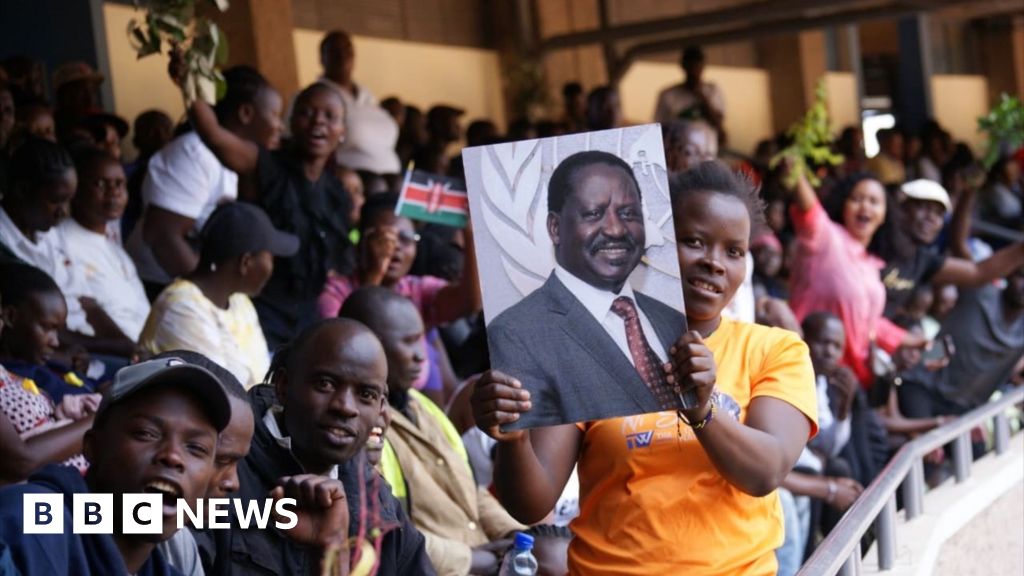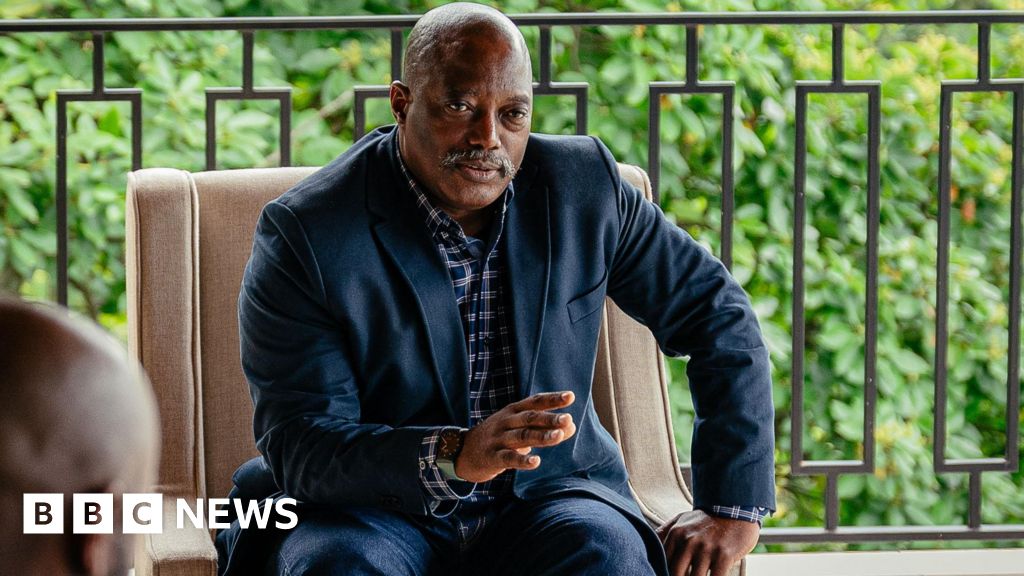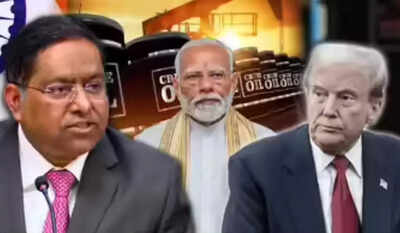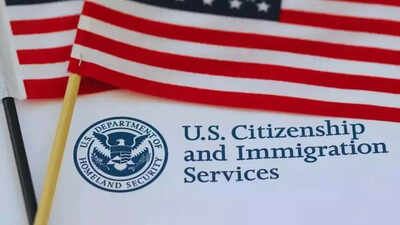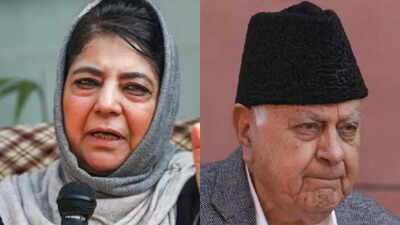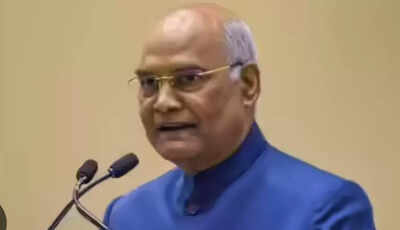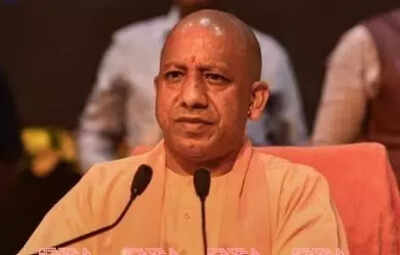
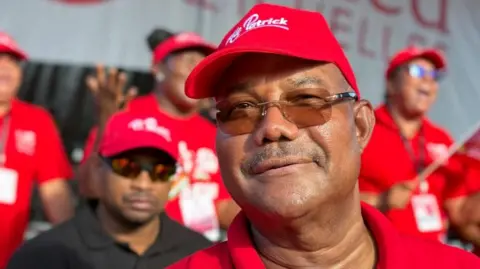 Reuters
ReutersSeychelles’ president-elect says that once sworn in, he will halt the construction of a controversial Qatari-funded luxury resort on an environmentally sensitive island.
Speaking to the BBC, Patrick Herminie, who will come to power in the Indian Ocean nation on 26 October, said his country had “got peanuts in that contract” and added that the current deal was “unacceptable”.
The resort’s construction on Assumption Island was criticised by campaigners because of its potential ecological impact.
The island is the gateway to the Aldabra atoll, which has one of the most pristine and fragile ecosystems in the world and is home to 400 species found nowhere else on the planet.
Via a Middle East investment company, Assets Group, the Qataris are building 40 luxury villas on Assumption Island, which is 1,140km (700 miles) south-west of Seychelles’ main island, Mahé. They are also upgrading the concrete airstrip to receive executive jets.
The project became a major issue during last month’s presidential election campaign. Herminie defeated incumbent Wavel Ramkalawan in a second round run-off last week with 52.7% of the vote.
Ramkalawan had defended the deal, saying the tiny nation needed investment. Under the terms of the original agreement, the Qataris will lease the island for 70 years with a $20m (£15m) down payment.
Herminie told the BBC’s Newsday programme “we will put everything on hold and have a meeting with the investors and express our concerns”.
He added: “They have already started the building of the mansion but there will be no 37 chalets which were originally in the plan – this will not happen. What has been built has been built and that is it.”
During the BBC interview, Herminie was also asked about the country’s high level of drug addiction.
One estimate suggested that one in 10 Seychellois were addicted to hard drugs including heroin.
Herminie pointed out that no proper survey has taken place since 2017 but acknowledged that addiction was “an existential threat”.
He pledged that his government would focus on reducing the demand for drugs as well as fighting against drug trafficking.
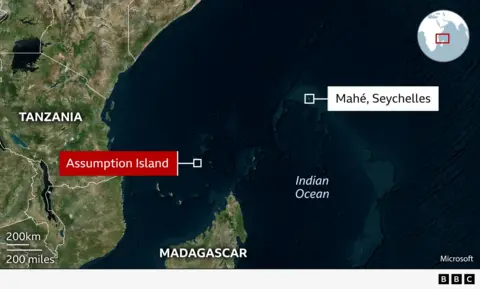
More BBC stories on the Seychelles:
 Getty Images/BBC
Getty Images/BBC
